Sleeping in a vehicle can serve many purposes—ranging from necessity (elderly travelers, shift workers, financial hardship) to convenience (road trips or attending events). In 2025, as New Jersey continues grappling with housing challenges, the rules around car sleeping remain murky. This guide clarifies the legality, identifies municipal differences, addresses risks, and offers best practices for those who find themselves catching Zs behind the wheel in the Garden State.
Understanding the Legal Framework in New Jersey
New Jersey has no statewide law that definitively prohibits sleeping in a properly parked personal vehicle. The state Department of Transportation recognizes that drowsy drivers need safe rest areas along highways. Yet individual municipalities reserve the right to regulate overnight vehicle stays via local ordinances. Thus, whether it’s legal largely depends on what city or township you’re in—and even specific parking location within it.
Highway Rest Areas and Turnpike Service Plazas
The state’s Turnpike Authority sets a standard limit—typically a two‑hour cap—on vehicle parking at service plazas. Boondocking-style, overnight stays longer than that are explicitly disallowed. Across Garden State Parkway rest areas, however, the emphasis is on safety: travelers are encouraged to rest as needed. Unless signs indicate otherwise, catching a quick nap to combat drowsiness is permitted.
Shore Towns and Seasonal Restrictions
Many Jersey Shore municipalities implement seasonal rules. During summer months, some towns prohibit overnight vehicle stays near beaches, boardwalks, or park-and-ride areas. In Seaside Heights and Lavallette, for instance, recent ordinances forbid sleeping in vehicles overnight on any public property—though exceptions are made for registered RVs and campers. During the off‑season, enforcement may relax—but fishy behavior or repeated overnight stays can trigger intervention.
Municipal Ordinances Vary Widely
From Bergen and Morris counties in northern New Jersey to smaller towns like Princeton and Montclair, local ordinances may prohibit “vehicle habitation” or extended parking. While a one‑night rest in a commuter lot may go unnoticed, habitual overnight vehicle use is often viewed as “camping” and is typically disallowed. Private lots—like those at big‑box stores—are governed by individual property policies.
Understanding Township Codes
Some cities, like Newark or New Brunswick, may limit residential street parking via time‑curfew provisions, towing zones, or permit requirements. In others, like Hoboken or Jersey City, high population density means parking enforcement is frequent—so sleeping in your car draws quick attention.
Who Needs to Know These Rules—And Why?
Long‑haul drivers and frequent road warriors may rely on quick naps to avoid fatigue but must plan around service plaza limits.
Overnight shift workers might seek to rest before heading home—yet returning to the same municipal lot night after night can result in tickets.
Undocumented or budget-strapped individuals may turn to car sleeping out of necessity—but lack of safe options can invite patrols and citations.
Event attendees or overflow travelers may park overnight for convenience, expecting short, unnoticeable stays.
Legal Risks of Vehicle Sleeping in New Jersey
Parking Violations and Fines
Expect fines ranging from $50 to several hundred dollars for exceeding posted time limits, sleeping vehicles in restricted zones, or violating township ordinances. Repeated violations may escalate to towing or wheel-locking fees.
Trespassing, Private Lot Crackdowns
Without permission, car sleeping in private lots can result in trespassing violations. Property managers may tow or notify police. If your vehicle is absent when retrieved, retrieving it can cost $200+ plus impound fees.
DWI and “Being in Charge of a Vehicle”
New Jersey law allows DWI charges even if you’re not driving—so long as you’re intoxicated inside a vehicle while in “actual physical control.” That means sleeping it off in the driver’s seat, with keys nearby on a table or seat, could result in an arrest.
Homelessness and Mental Health Factors
Stay patterns viewed as “camping,” plus behaviors like cooking outdoors or extended stay, can trigger law enforcement contact. This can lead to social-welfare referrals, citations, or impoundment—especially in towns with anti-camping ordinances.
City Case Studies: Real‑World Practices in 2025
Atlantic City
Typically lenient about rest-area style stops, yet clamping down during events or Atlantic City marathon weekends. Expect signs stating “No overnight parking” in casino lots. Patrols ticket vehicles with occupants after midnight.
Jersey Shore—Seaside Heights, Lavallette, Ocean City
Strict ordinances ban sleeping in vehicles during tourist months (Memorial Day–Labor Day). Violators may be cited on public and private property unless their vehicle is a registered RV.
Northern Suburbs—Bergen & Morris Counties
Car sleeping is “not illegal but frowned upon.” Commuter lots often have posted 12–24 hour limits. Frequent overnight sleepers may be towed.
Newark/Hoboken/Jersey City
Dense urban enforcement areas: even legally parked vehicles draw scrutiny if occupied overnight. Residential zones often require permits or impose 2–3 hour limits. Sleeping drivers risk inquiries or warnings.
Where You Can Generally Sleep in Your Car
State and Parkway Rest Areas
Safety-supported highway rest areas are a safe bet—unless posted “Closed Overnight.” Always check signage.
24‑Hour Business Lots (e.g. some Walmarts)
While no unified policy exists, many stores tolerate overnight vehicles arriving later in the evening and gone before dawn. Still, permissions should be checked.
Campgrounds & RV Parks
Pay‑to‑stay options guarantee legality. Some parks might allow car campers in tent zones at nightly rates of $20–$40.
Truck Stops Along the Turnpike/US 1
Commercial truck stops often welcome car sleepers; ideal for travelers in need of quick rest.
Private Property (With Permission)
Backyard or drive space—legal with consent from the landowner. Urban smart-parking apps help people request permission directly.
Best Practices for Legal & Safe Car Sleeping
Scout and Research Rules
Before hitting the sack, look for signs, municipal curfew details, and postings at rest areas or lots.
Mind Enforcement Patterns
Summer means more patrols at beaches and tourist towns; urban lots may get covered at night.
Rotate Parking Spots
Stay under time limits by moving vehicles several blocks or between parking zones.
Maintain Low Public Profile
No tarps, no exterior cooking, no lounge chairs—minimize visual signs of habitation.
Keep the Keys Hidden or Elsewhere
Place them away from the driver’s seat to reduce liability for “being in control.”
Lock Doors, Block Windows
Use shades or curtains. Privacy reduces break-in risk and discourages curiosity.
Stay Connected and Have Support
Share location with trusted people; carry emergency phone power; familiarize with comfort stations or 24-hour stores nearby.
Preparing for Your Overnight Car Stay
Gear checklist: blankets, pillows, eye shades, ear plugs, portable fan, power bank, water jugs.
Vehicle layout: fold seats flat, store valuables out of view, keep essentials handy.
Ventilation & Weather: crack windows in summer, insulate windows in winter, be aware of heat or condensation risks.
Comfort and Safety: position tires on level ground, avoid parking on hill slopes; keep doors locked; keep fire extinguisher and medical kit.
What to Do If You’re Approached by Police
Stay calm and stay seated; keep windows down but maintain boundaries.
Comply courteously with questions.
Explain your situation briefly (e.g., “I’m just resting to avoid driving tired”).
If asked to move, do so promptly; breaking rules usually isn’t worth a fight.
Alternatives to Sleeping in Your Car
Rent hourly or budget‑friendly motels (paying $40–$70/night may be easier and cheaper than fines and towing).
Explore rest stops with cab-sharing zones.
Use dedicated “nap pods” at some commercial service plazas.
Book a campsite via state parks or private providers.
Investigate shelter resources or community rest‑spaces that partner with nonprofits.
Looking Ahead: Policy Trends in 2025
Rising homelessness and housing pressures may prompt towns to refine vehicle‑habitation laws.
Emerging radio-frequency ID (RFID) parking systems could detect duration-limits automatically.
Community “safe‑sleep” shares might emerge—schemes where residents or businesses host licensed overnight car‑sleepers.
Legal advocacy and municipal reviews may challenge punitive ordinances as homelessness rises.
Conclusion
In New Jersey 2025, sleeping in a parked vehicle occupies a gray area—legal in many contexts but restricted or penalized in others. Safe and lawful car sleeping depends on where you park, how long you stay, and how clearly you observe rules. With knowledge, low visibility, caution and preparation, you can responsibly rest in your car without legal hassle.
Final Thought
Treat your vehicle as a temporary shelter—not a home on wheels. Respect parking limits, stay nimble, plan ahead, and stay safe.

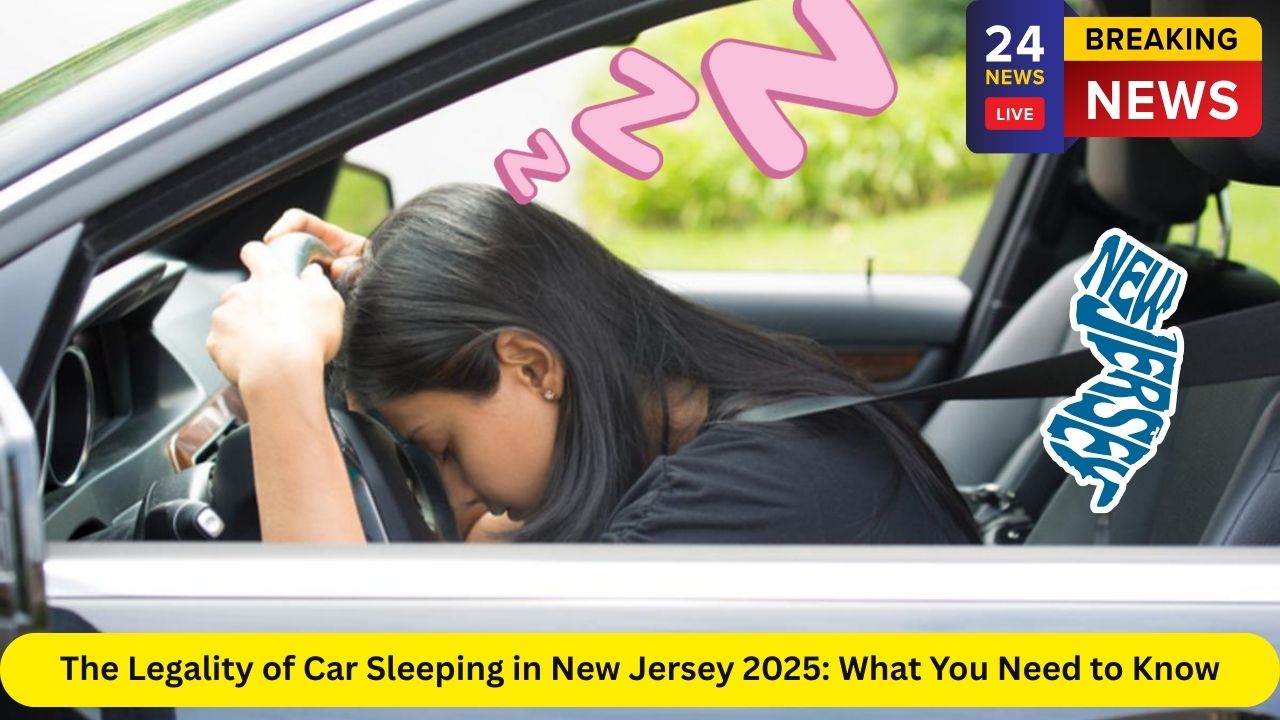


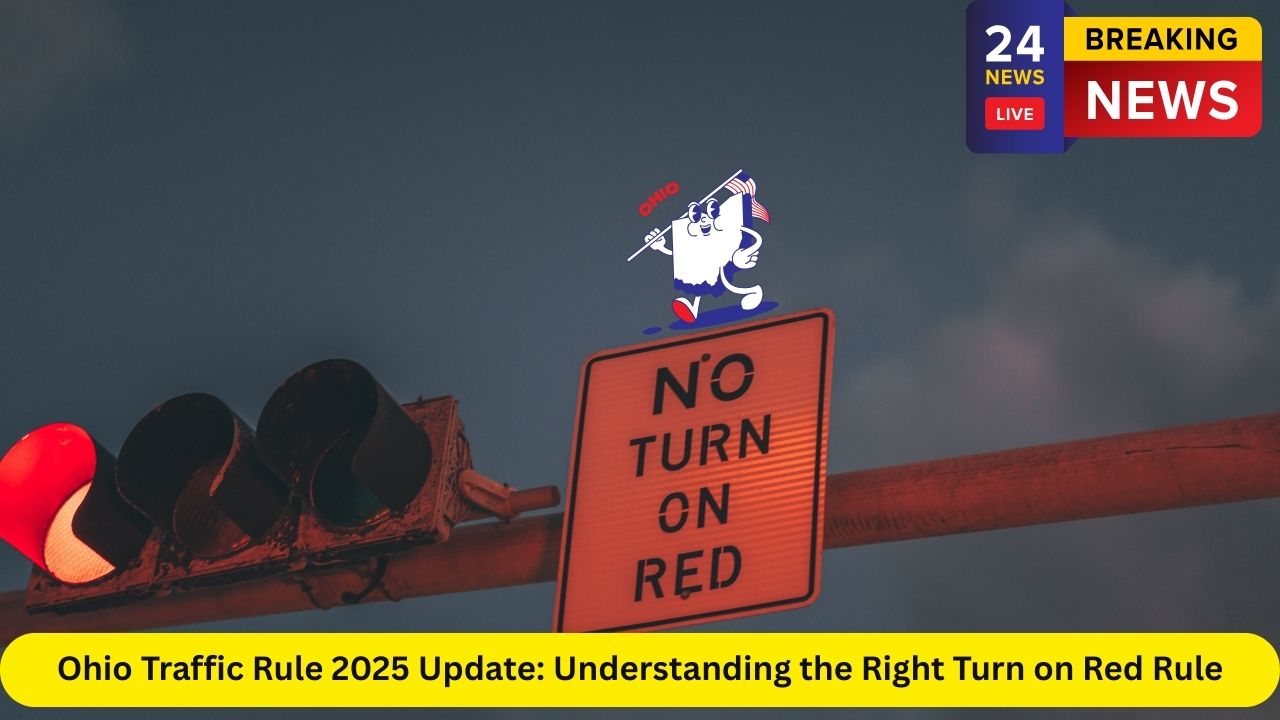


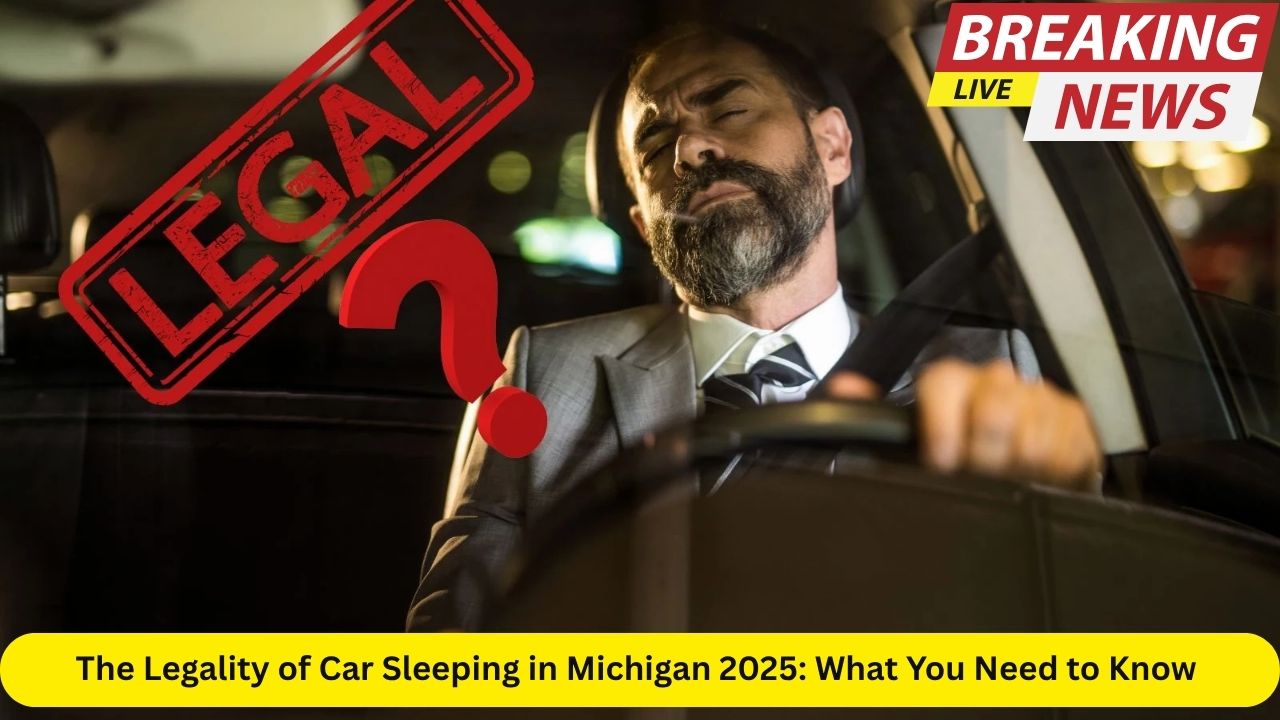

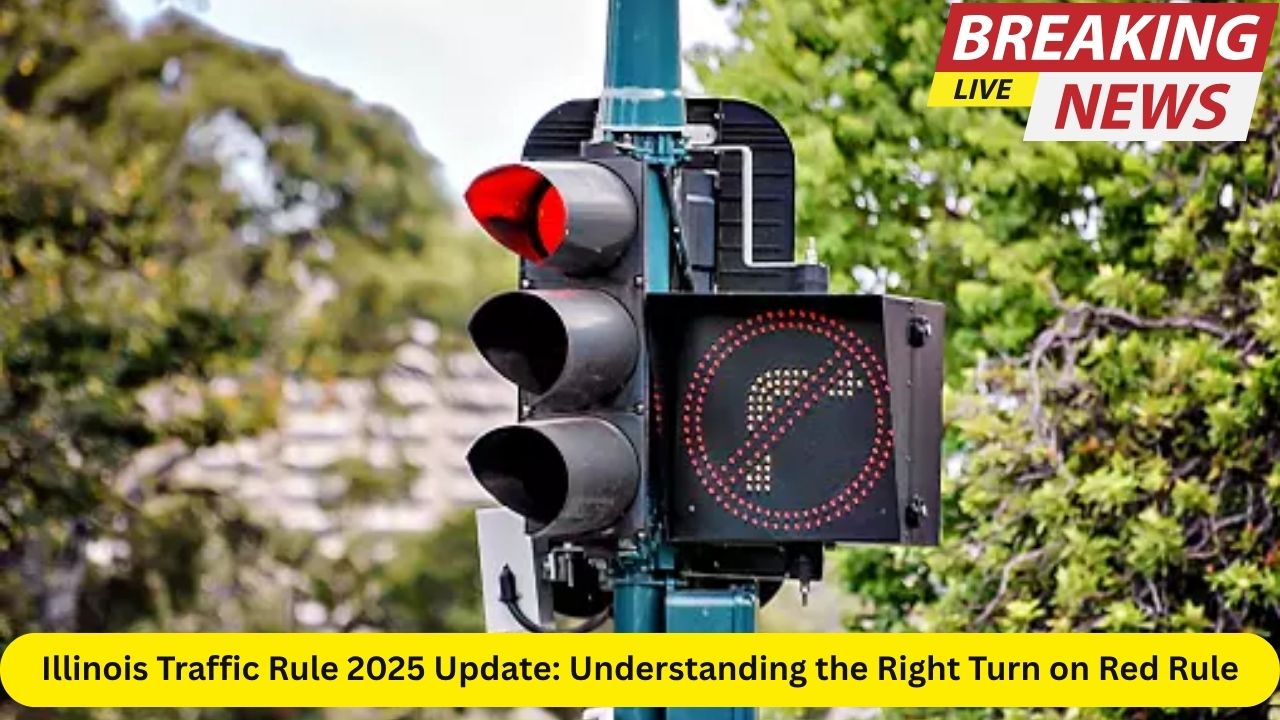

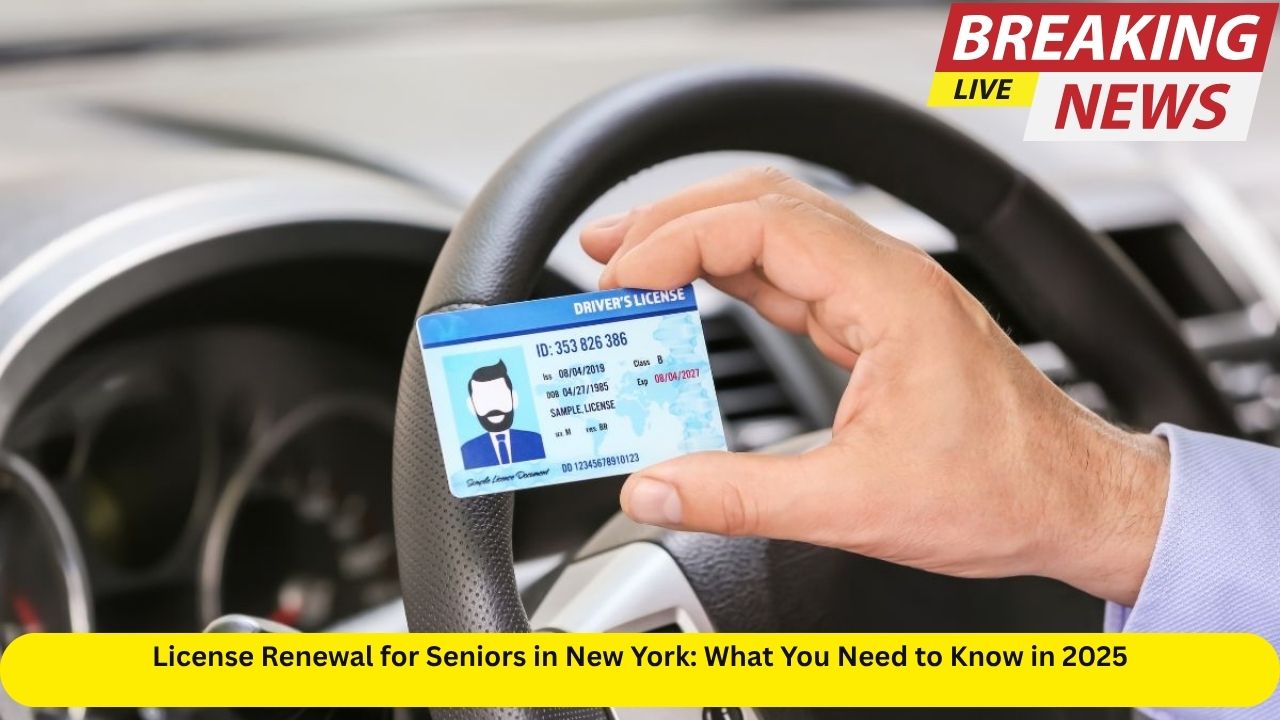



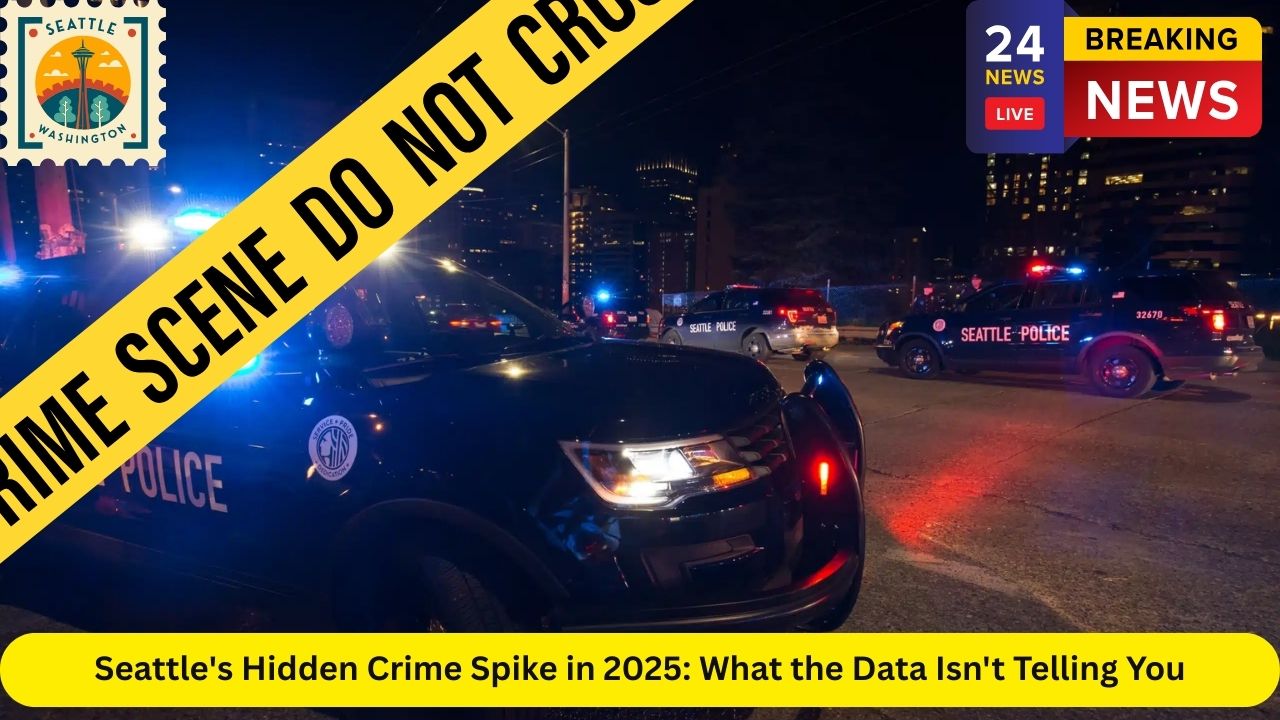
Leave a Reply